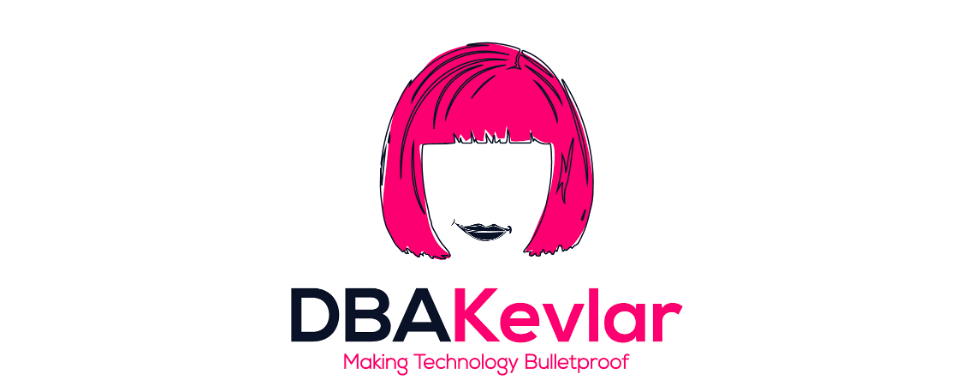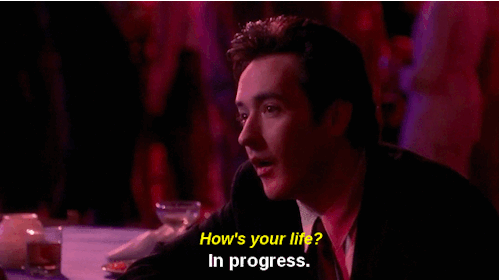Mentoring
Becoming a mentor was not a direct path for me. Even though I inspired people with my perseverance and common sense, I had no inclinations for a corner office position, (I often joke about passing up the corner offices in a fight to get to the server room) and this is often a trait that is expected for someone who is titled with “Mentor.”
In the five years in an official mentoring capacity, I’ve learned as much as I feel I’ve imparted among those I’ve mentored. I now find others asking me for advice on how to become a mentor or how to mentor more effectively and I do have some advice on that topic I’d like to share.
Becoming a Mentor
As I mentor both men and women, I can verify that each gender commonly requires different things in a mentor. Men will often want to know WHAT they can do to attain success. They are looking for contacts, a network of opportunities and examples they can duplicate. The guys rarely want anything than some quick advice and definitely don’t want to talk to other men that are being mentored by me… 🙂
Women often look to me for options to overcome cultural challenges that are hindering them from reaching their full potential. As they show ambition and attempt to make their mark, they will be faced with cultural bias that requires some careful maneuvering to successfully navigate and having not just a mentor, but a network of women who may have successful ways to work through these challenges is very beneficial. Often times they are the only women in their department, let alone their team and to have another woman who understands the unique world we work in makes a huge difference. Due to this, there is often small email groups, lunchs and other opportunities where the women meet each other.
Having other women to help them negotiate compensation or offers provides great value, too. We often hear how women aren’t very good at this, but watch out if you ask a woman to review or negotiate for another woman. I can tell you that I wouldn’t be in the position I am today without the support of my own women mentors who reviewed my own opportunities, offering their insight where I might have shorted myself.
One of the most important things a mentor needs to remember is that they are there to provide advice that is in the individual’s best interest. Its my opinion that some of the biggest waste of time is spent on people telling others how to do something that only benefits the person speaking. If you’re mentoring because it gets you ahead, you’re doing it wrong.
Who to Mentor
This is something I’ve had to ponder quite a lot lately. I’ve mentored a lot of people over the years- locally, nationally and internationally. I don’t rate success on what the industry may, but on the professional satisfaction of those I mentor. If they are happy with their career and the path they’ve chosen, then I’ve done my part. I’ve also felt what the industry may see as some of my greatest successes, if you were to ask me, I might consider my biggest failures. At one time, potential candidates for mentoring were those that were “hungry” for opportunities. This often equated to ambition, but what I found is that ambition without a strong sense of self is a penchant for disaster.
With ambition and so many opportunities to make success easily reachable, success can come very quickly. The individual you mentor must have a strong sense of self to be gracious, accept their failures without blame and to not be overwhelmed by what they’ve achieved. They must be responsible for their own actions, do the right thing, even when it might not be the easy path. Above all, they must be fair to others and honest with themselves.
In my long history of mentoring, I’ve only had to remove myself as the mentor to two individuals and these were painful decisions. Both individuals have immense potential and I still believe in them and their futures. The harm to others to achieve what they desired wasn’t worthy of who they are or the people or organizations harmed by their choices. The most damage be their choices was to their self-esteem. They respect themselves less than they did before they approached you for mentoring. I have wrestled with the idea that I should stick by them when they went through their first challenges with this type of situation, but found that by doing so, I only “enabled” the situation, making them often feel it was more acceptable.
These tough decisions are part of being a mentor, too.
Benefits
The biggest benefit of having a mentor, no matter if you’re a man or a woman, is that they save you valuable time by providing guidance, information and access to opportunities that you might not have been able to achieve on your own. Our friends and family rarely even understand what we do for a living, (which is why while everyone else is enjoying the holiday meal, we’re relegated to fixing Uncle Edgar’s laptop that he ran over with his car) and so mentors in technology really do make a huge difference.
I hope other’s take this opportunity to consider reaching out to someone as a mentor or consider mentoring others. We can accomplish so much more when we all work together.
With that, I leave you with my greatest mentor, the superhero corgi! 🙂



I could not agree more. I have had two people that I considered mentors and both mentored different aspects of my career. The first helped hone my technical skills and my attitude in attacking technical problems and how to over come road blocks. However, it left me being rather aggressive and off putting. The second helped me develop “soft skills”. How to be diplomatic, how to reach out to coworkers, how to look out for the best interests of my users, and how to build relationships. Believe it or not, it was those soft skills that I benefited from more than the aggressive problem solving tech skills. I still have former co-workers and users contact me two years after I left my last job seeking advice or just to be a sounding board. It was those soft skills that helped develop those relationships.